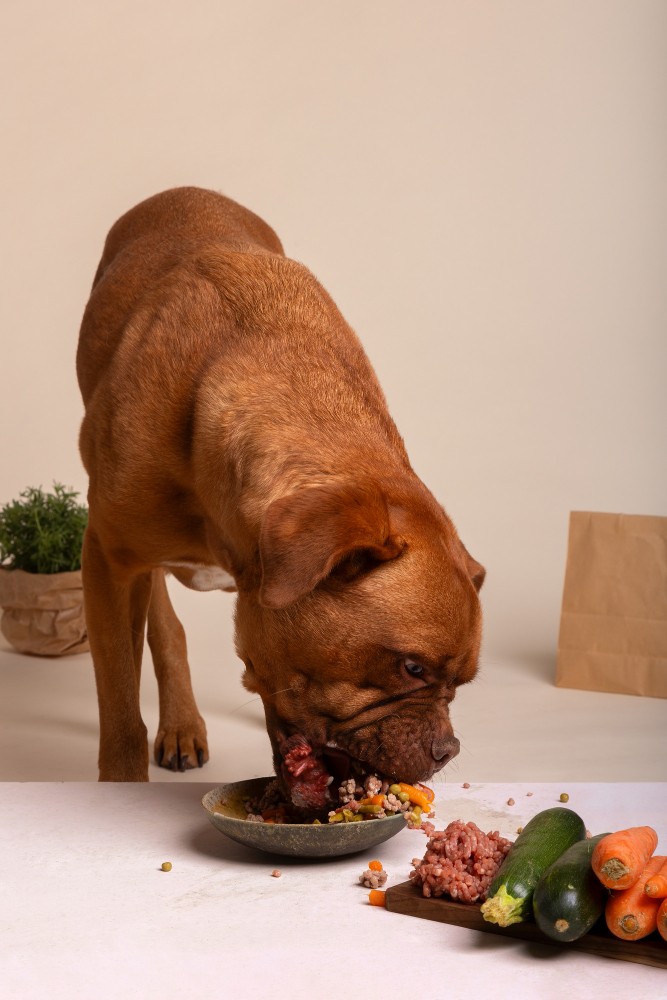What's the Best Food for My Puppy? 7 Top Recommendations

Bringing a new puppy home is an exciting time, and ensuring they get the right nutrition is paramount for their growth and development. Choosing the “best” food can feel overwhelming, but understanding the different types available will empower you to make an informed decision. Here are 7 top recommendations to consider:
1. High-Quality Puppy-Specific Dry Kibble: Often a convenient and cost-effective foundation, look for kibble where a named meat source is the first ingredient. Ensure it’s specifically formulated for puppies, with appropriate protein, fat, calcium, phosphorus levels, and DHA for brain development. The AAFCO statement for puppy growth is a must.
2. Premium Puppy Wet Food (Canned): Highly palatable and with higher moisture content, wet food can be excellent for picky eaters or as a supplement. Choose puppy-specific formulas with quality meat sources listed prominently.
3. Carefully Considered Raw Diets (Veterinarian Recommended): A properly balanced raw diet may offer benefits, but it’s crucial to consult your veterinarian. Formulating a complete raw diet for a growing puppy is complex and carries risks if not done correctly. Seek professional guidance.
4. Vet-Formulated Home-Cooked Diets (Expert Guidance Essential): Offering complete control over ingredients, a home-cooked diet must be designed by a board-certified veterinary nutritionist. Puppies have very specific nutritional needs, and DIY can lead to serious deficiencies.
5. Limited Ingredient Diets (LID) (If Allergies Suspected): If your puppy shows signs of food sensitivities, your vet might recommend an LID with a novel protein source. These diets simplify ingredients to identify and avoid allergens. Always consult your veterinarian for diagnosis.
6. Grain-Inclusive Puppy Foods with Whole Grains: Unless your puppy has a diagnosed grain sensitivity, whole grains like brown rice and oats can provide valuable nutrients and fiber. Don’t fall for the myth that all grains are bad for all dogs.
7. Breed-Size Specific Puppy Formulas: Large and giant breed puppies require controlled growth to prevent skeletal issues. Opt for formulas specifically designed for their size, with adjusted calcium and phosphorus levels. Small and medium breeds benefit from formulas catering to their higher energy needs.
While there isn’t one single “best” food, prioritizing high-quality ingredients and choosing a formula appropriate for your puppy’s life stage and size is crucial. The most important step is to consult with your veterinarian. They can assess your puppy’s individual needs and recommend the ideal diet to ensure they thrive. Investing in good nutrition now sets the stage for a long and healthy life for your furry companion.

